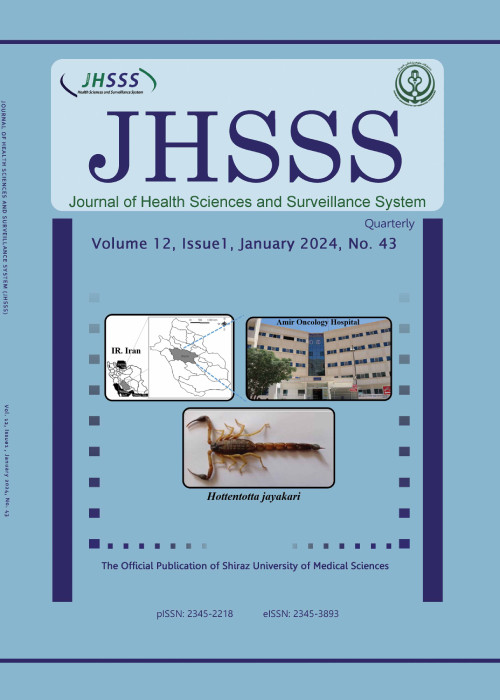The Global Challenges of Controlling Coronavirus Disease 2019: A Review Study
The COVID-19 pandemic is a challenging health problem around the world. At time of this study, the pandemic is still underway, so prevention and control are of great importance. This review provides a comprehensive examination and analysis of the literature related to the challenges of controlling COVID-19.
In this narrative review study, the search was performed on international databases including PubMed, Scopus and Embase, using relevant keywords. The resulting articles and texts were reviewed and screened, and then the relevant information was extracted.
The number of patients who are thought to have contracted COVID-19 is much higher than that in the SARS and MERS epidemics. Despite a lower mortality rate, COVID-19 has caused more deaths. One of the challenges that have made the control of the disease more difficult include the emergence of multiple viral mutations. In this review, it was found that the best course of action comprises continuous monitoring of disease-related indicators as part of a series of measures taken together to ensure their effectiveness.
It is recommended that governments should form international partnerships in their efforts to overcome the pandemic, and that preventive and control measures should be taken simultaneously. Introduction Coronavirus disease 2019 (COVID-19) started in December 2019 in Wuhan, the capital of Hubei Province, China, and one of China's main transportation hubs, and spread to other parts of the world (1, 2). One of the main reasons for the spread of the disease was the intense migration of Chinese people during New Year celebrations (1). With the rise of international trade, epidemics of new infectious diseases such as COVID-19 are able to spread more rapidly than ever before (3). On December 31, 2019, China announced the outbreak of the disease, at the time named 2019-nCoV, to the World Health Organization (WHO) (2, 4). On February 11, 2020, the WHO adopted a new name called coronavirus disease (COVID-19). In acknowledgement of the genetic structure of the virus, the International Committee on Virus Classification renamed 2019-nCoV as severe acute respiratory syndrome coronavirus 2 (SARS-CoV-2) (5). On January 30, 2020, the WHO announced that the outbreak was a public health emergency of international concern (5, 6) and in March 2020 classified it as a pandemic (7, 8). COVID-19 has been declared the sixth international public health emergency and, therefore, requires the public, health professionals and governments to work together to prevent its spread worldwide (5). Rapid production and sharing of knowledge at the international level is one of the useful measures for disease control that has been done (9). One of the greatest fallacies of the 21st century is that infectious diseases are disappearing, which is not the case (10). The COVID-19 epidemic has become a challenging health problem for many countries around the world (8), and as of 28 February 2021, it was estimated that there were 113,472,187 cases of the disease, 2,520,653 deaths, and about 91 million cases of recovery reported worldwide (11, 12). Although more than a year has passed since the beginning of this epidemic, the disease has not yet been controlled and no specific treatment has been found for it (13), so measures related to its prevention and control are very important. The aim of this study was to examine and characterize the global challenges of controlling COVID-19, and to provide comprehensive recommendations for action.
- حق عضویت دریافتی صرف حمایت از نشریات عضو و نگهداری، تکمیل و توسعه مگیران میشود.
- پرداخت حق اشتراک و دانلود مقالات اجازه بازنشر آن در سایر رسانههای چاپی و دیجیتال را به کاربر نمیدهد.



